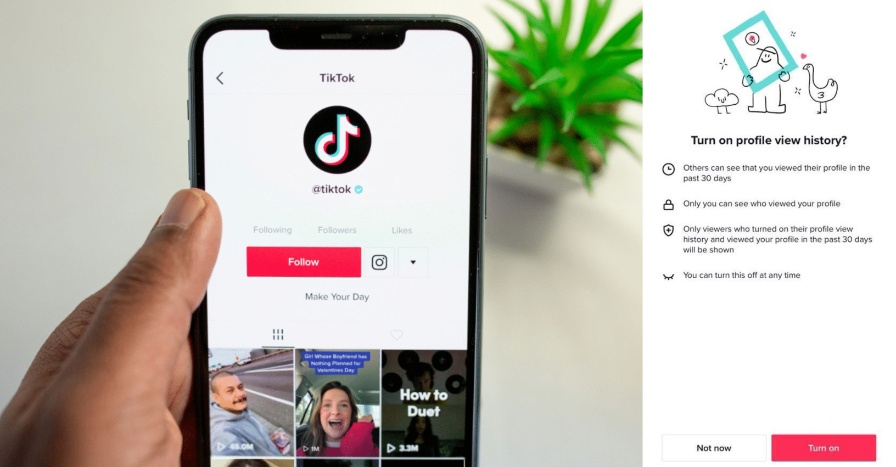KUALA LUMPUR, March 22 (Bernama) — A regional human resource expert has called on employers to recruit fresh graduates amid positive recovery trends particularly in the service sector, a move that will complement government efforts to boost employment.
They include jobs in the hospitality sector, information technology (IT), leisure, tourism, travel and retail, Gajendra Balasingham, chief executive officer of GKK Consultants Sdn Bhd (GKK), said today.
He made the call in view that most positions were for frontliners and middle management, with skillsets already in place and employees able to work from day one independently, with the least supervision, as opposed to fresh graduates.
As early as 2019, Gajendra noted the plight of new graduates and their difficulty in entering the workforce.
“In 2020, the country had around 200,000 fresh graduates who had yet to get a job. What with the spate of retrenchments happening during the MCO (Movement Control Order), this situation escalated with an alarming skill gap being glaringly evident,” he told Bernama.
The crux of the matter is that most employers are reluctant to spend precious time training them for on-the-job skills, as the likelihood of them leaving once equipped with the necessary skills was very high.
“These young adults, although they can proudly boast of a degree, are still incompetent in job, technical and interaction skills.”
They also sorely lack problem-solving capabilities, critical thinking competency and even basic communication skills, which are vital and pivotal requirement in any socio-economic situations these days.
To overcome this deficit, GKK has a solution.
The human resource company, which works closely with various private-sector corporations including Fortune 500 companies and government agencies, helps fresh graduates by giving them specific training modules that ensure job placements.
“From 2019, we have been conducting a ‘graduate employability programme’, working with SOCSO (Social Security Organisation) to train these youngsters to secure job placements, said Gajendra.
So far, up to 1,100 fresh graduates have been fortunate to go through this programme and the positive outcome is that the majority of them are still employed at the same organisation.
“This year, we are working with the Ministry of Higher Education, and to-date, have around 30 fresh graduates from our public universities with many undergoing business, computer science, IT and mechanical engineering placements,” he said.
Although GKK has a wide network of some 30 different employers across the manufacturing, IT, retail and call centre operations, Gajendra is putting an ‘urgent call for a stronger employer network’ for even more employers from diverse industry sectors to realise this ‘almost humanitarian cause’.
It aims to transform customer experience through innovative education, training, recruitment, and consulting value-chain interaction.
He called on as many employers to realise the needs of graduates, and put in place a dedicated one-year contract within their operations to cover hands-on training with a nominal salary to meet their immediate needs, besides being seen as an incentive too.
He said GKK undertakes training before job placement with on-the-job training being conducted at the employers’ side, as part of their normal onboarding process.
Its training is extensive and encompasses industry-aligned modules that comes with globally accredited certification, too, while GKK’s programme comes with the assurance and promise of a job placement.
Sources: BERNAMA








